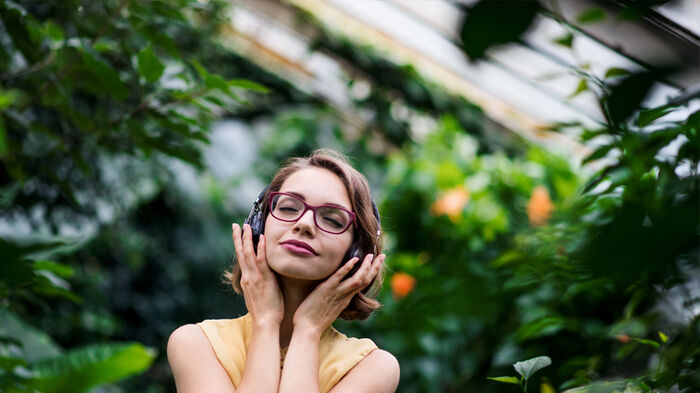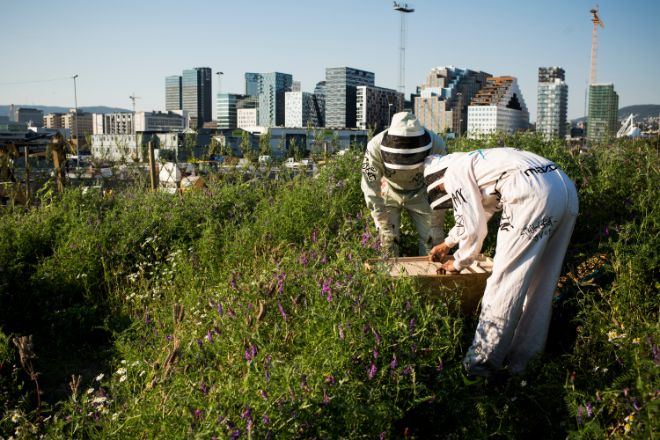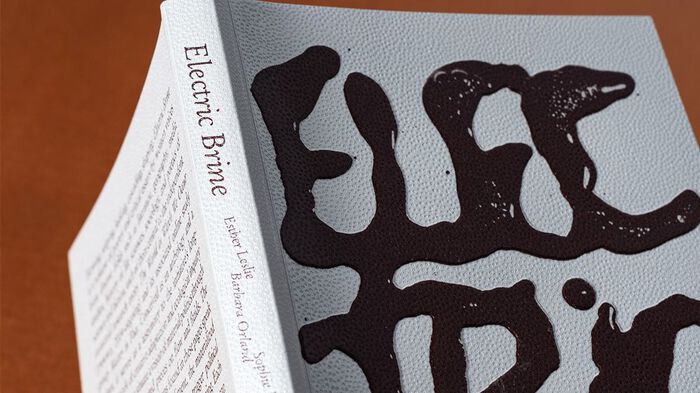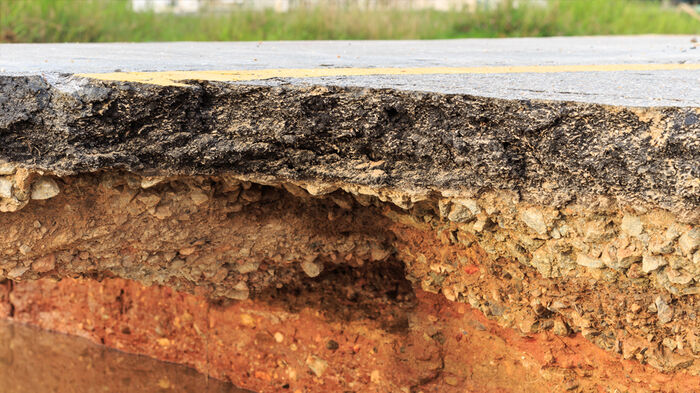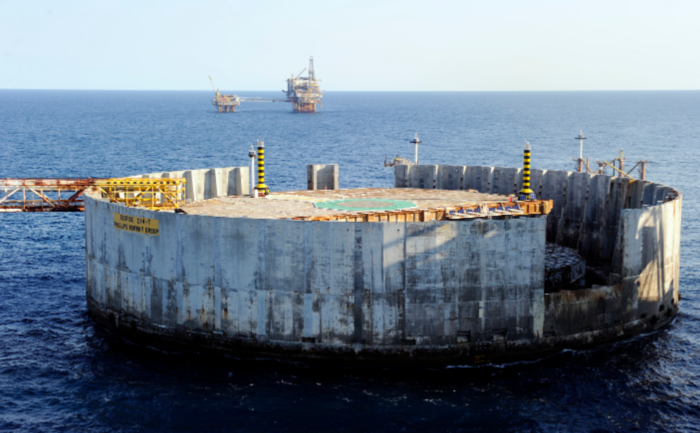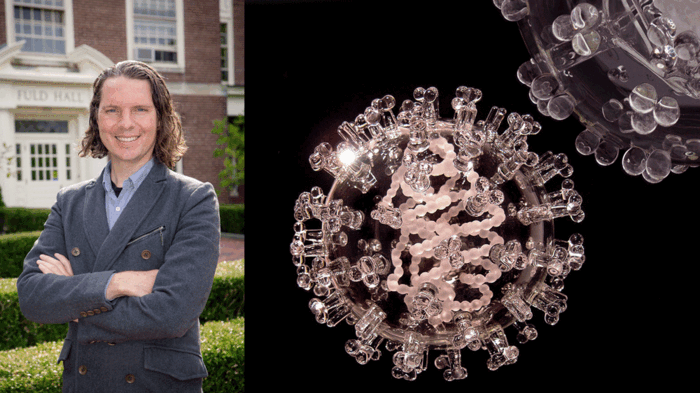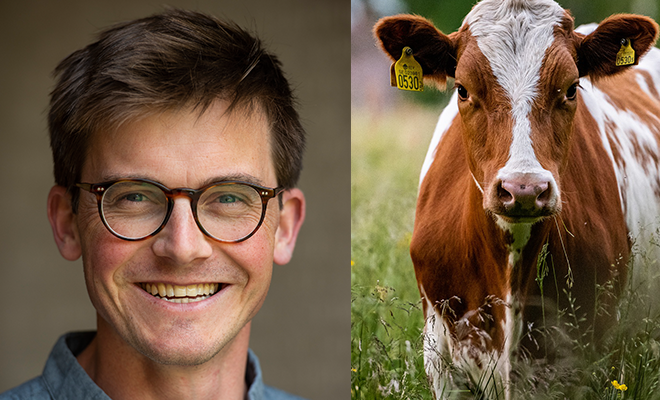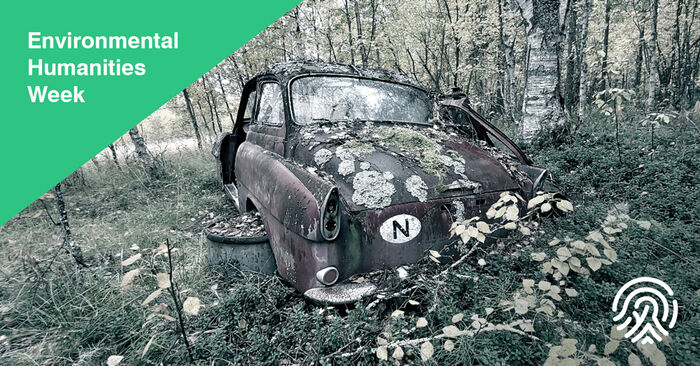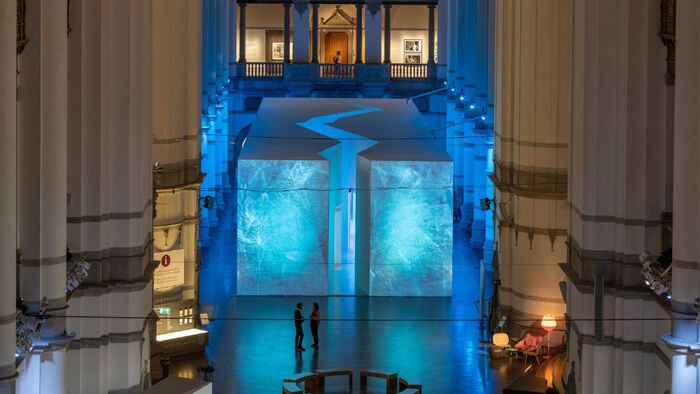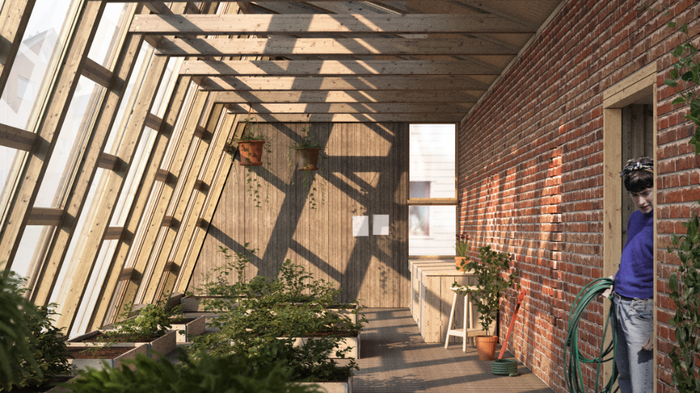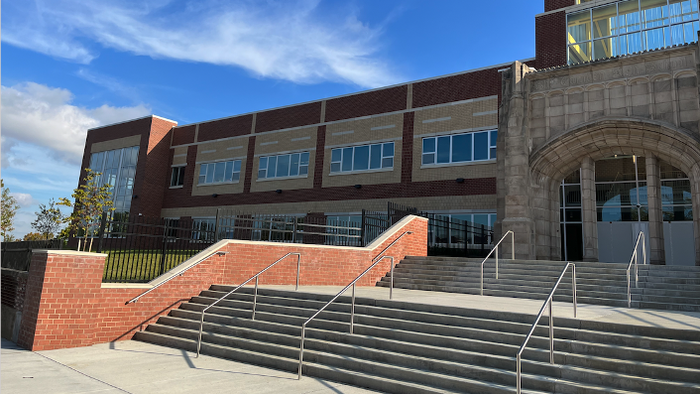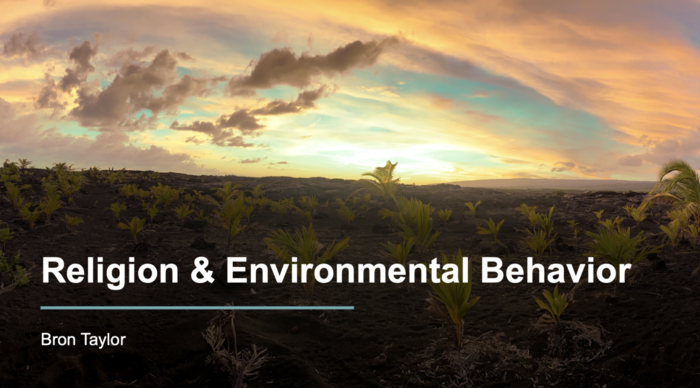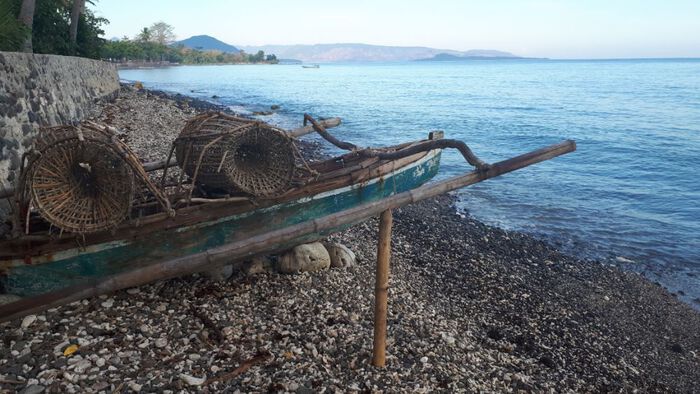Events - Page 3
The destruction and pollution of rivers was a precondition for early urbanisation. With this seminar we invite you to explore intersections and tensions that exist between how the historical, cultural and natural sciences approach the restoration of river landscapes.
Register here! Please register by November 28th for physical or digital attendance.
How should we frame Geoengineering? As a technofix that demands very little in terms of societal change? As a false solution? As the only solution? As our plan B? Or, as Holly Jean Buck suggests, as a relationship: a verb.
In this talk, professor of design history Dr. Kjetil Fallan, explores design interventions at, and in the wake of, the United Nations Conference on the Human Environment in Stockholm 1972. What can design activism tell us about the conference's influence on future political decision-making? Or about the development of environmental thinking and ecologically informed design ideology in Scandinavia?
The notion of care is a buzzword in environmental humanities, and probably for a good reason. It is not very present, however, in historical reflection. In this talk, historian of culture Ada Arendt discusses what early modern agencies and relationships of care tell us about more than human entanglements of the early Anthropocene.
In this talk, Professor of Anthropology, Dr. Lesley Green, will draw on current Anthropocene scholarship in the environmental humanities and social sciences to suggest four approaches to strengthening trans-disciplinarity engagement between social and natural sciences.
Many of a forest's vital processes happen beneath the soil, out of sight. However, their are clues to the clandestine collaborations between fungi and plants and animals. In this walkshop, natural historian and environmental photographer Alison Pouliot, takes us deep into the forest to discover its diversity, explore ideas and rethink fungus-forest lives.
How do we maintain or restore the diverse functions and processes in soil that foster soil resilience and provide a buffer against climate-change induced changes? In this highly interactive and sensory workshop, natural historian and environmental photographer Dr. Alison Pouliot, provide an overview of the vital significance of fungi in soils.
Un-earthed's first reading group session of the fall semester, on the topic of terraforming.
How has our understandings of relations between soil, plants, and fungi have changed over time? In this lecture, professor of anthropology Dr. Michael J. Hathaway will explore the role of fungal mycelium in engaging the soil matrix.
The environment is having a massive impact on music, changing what music is and how it comes to be, not just what it is about or how it sounds. In this lecture, Dr. Kyle Devine, professor of musicology at UiO, presents the nuances in this Great Recomposition, and the importance of overriding our defaults.
Do you want to better understand the environmental and climatic crisis, work accross diciplines, experience Place-Based Learning and communicate environmental research to a broader audience?
In this talk, curator and editor Jennifer Teets presents Electric Brine, a volume of poetry and critical essays by women voices from diverse fields such as literature, geography, media studies, history of life sciences, sociology, and poetics of science and fiction.
How can personal engagement with planetary health restore human health and the well-being of more-than-human others? In this inaugural lecture of the Fellesløft project ‘Anthropogenic SOILS’, environmental historian Libby Robin, Emeritus Professor at the Australian National University, will review the emergence of the idea of the environment in the wake of the ‘dirty thirties’, a time when topsoil blew away – in both Australia and in the United States, and the hope of ‘feeding the world’ was threatened.
What do we mean when we say and think "after oil"? In this talk Graeme Macdonald, Professor of English and Comparative Literature at the University of Warwick (UK), will examine a range of literary and artistic examples constituting a significant expression of petroculture: the post-oil imaginary.
In this lecture, the Medical Humanities and the Environmental Humanities meet. Associate Professor Eben Kirksey from the Alfred Deakin Institute at Deakin University, Australia, will introduce us to the "virosphere".
We invite you to our Environmental Humanities Festival where we celebrate the exciting work happening in the field here at UiO, in Norway, and beyond. The day will start with a keynote lecture by Jamie Lorimer, University of Oxford, followed by presentations by the OSEH Collaboratories, a pop-up exhibition, film screenings, a "green" choir performance, and more.
A turn is underway in the probiotic approaches. Recalibrating modern antibiotic approaches and heading off their unintended consequences, the probiotic uses life to manage life, connecting the microbial with the planetary. This keynote lecture given by Jamie Lorimer gives critical insight into these interventions and their implications, and is part of OSEH's environmental humanities festival on the 10th of June.
We invite to a conversation on the role of education in creating alternative environmental futures. Tim Ingold (University of Aberdeen) will hold a public lecture at Kulturhuset on "Reason and Response-ability", followed by a panel discussion with Mette Halskov Hansen (UiO), Britt Kramvig (UiT), Felix Riede (Aarhus University) and Heather Swanson (Aarhus University). Moderated by Gro Birgit Birgit Ween (Museum of Cultural History, UiO).
What roles can museums and collections play, in the growing need to convey polyphonic narrations on climate change? In this presentation, Lotten Gustafsson Reinius discusses the multi-disciplinary dialogues and other co-curations as a tentacular weaving across differing knowledge regimes, scales and temporalities.
The research group Climate, Environment and Energy, KLIMER, warmly welcomes Prof. Dr. Ole Georg Moseng from the University of South-Eastern Norway. He is one of the few specialists in the history of early modern epidemics.
What can we learn from geographically marginalized regions such as the Arctic in a transition to more circular building strategies? Tine Hegli talks about the design and execution of a community Greenhouse in Vardø spring 2021, how material scarcity has encouraged resource efficiency, and the Arctic as a green leader.
In this talk, Green Schools Education Consultant Wayles Wilson discusses the sustainability and operational priorities for schools in the United States to provide clean air, water, and food, and why it is challenging in the current context. She considers sustainability in urban schools in the US a critical opportunity for environmental equity across the country.
Bron Taylor, Professor of Religion at the University of Florida, will draw on a comprehensive review of extant research by others, as well as his own research exploring contemporary nature spiritualities, and conclude by speculating on the future of religion and nature, near, medium, and long-term.
In this talk anthropologist Florence Durney will present about her ongoing research on the intersection of indigenous and state marine tenure systems and marine environmental change. In particular she will discuss how climate-induced marine environmental change is complicating processes of living with, claiming, and negotiating marine boundaries for humans and non-humans alike.
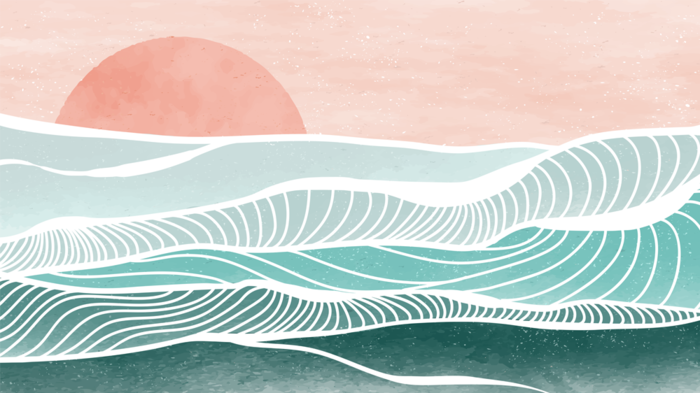
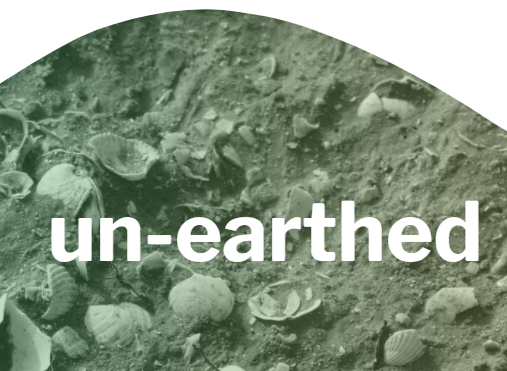
.jpg?alt=listing)
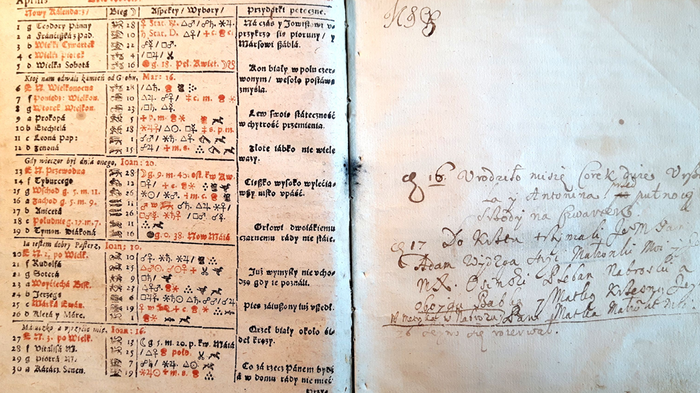
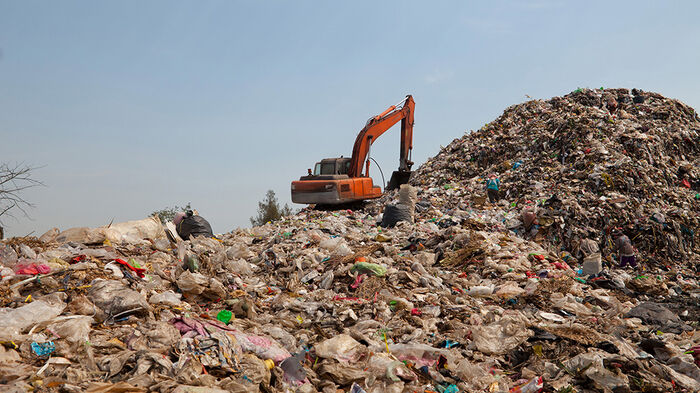
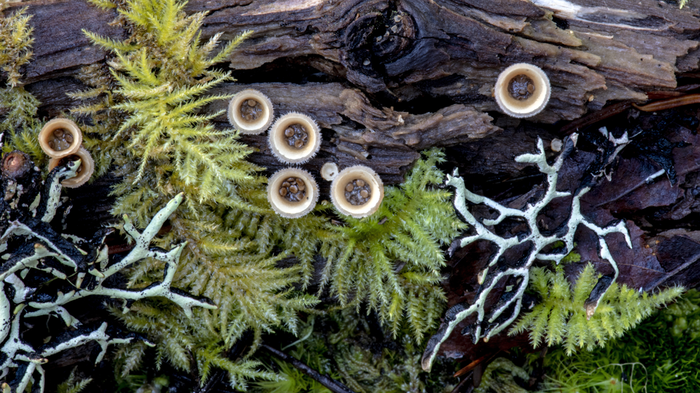
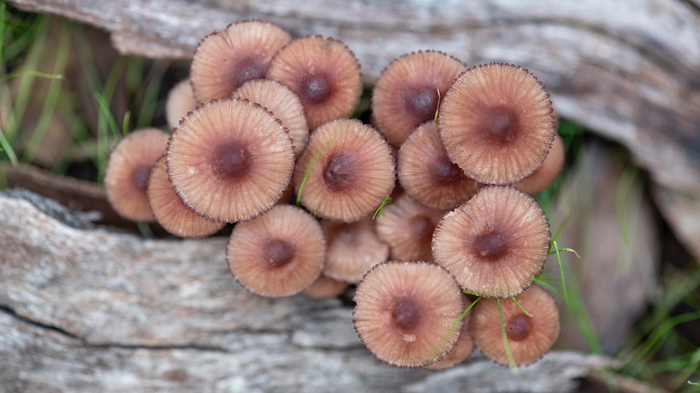
_mycelium_in_petri_dish_on_coffee_grounds-copy.jpg?alt=listing)
